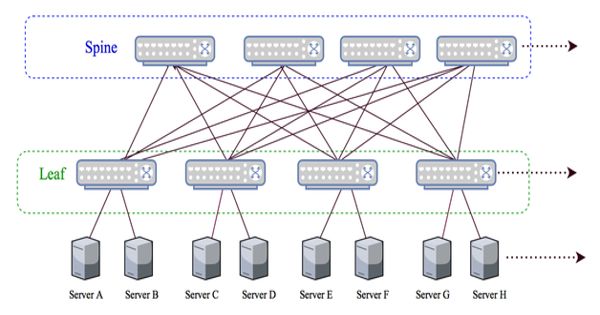The process of assignment of specific work to individuals within the organization and giving them the right to perform those works is delegation. It is about entrusting someone else to do parts of your job. Delegation of Authority means division of authority and powers downwards to the subordinate. It is one of the most significant concepts in management practice, which affects managerial functions.
The following are the major advantages of delegation of authority:
Minimize Work Load of Managers
Delegation of authority minimizes the workload of managers. It relieves the manager of the need to attend to minor or routine types of duties. They can assign regular and routine nature of work to their subordinates while they concentrate more effectively in managerial and creative functions. Thus, he is enabled to devote greater attention and effort towards broader and more important responsibilities. In this way, delegation of authority helps in improving managerial efficiency and effectiveness.
Benefit of Specialization
Specialization is the means of success in a dynamic environment. The management delegates authority as well as responsibility to subordinates on the basis of their ability and knowledge. Since the work is assigned to the persons who have specialized knowledge and expertise, it helps for specialized services. This contributes in the development of the concept of specialization among the subordinates. For example, sales may be delegated to the sales manager, marketing-to-marketing manager, finance-to-finance manager.
Motivation and Morale
Delegation of authority develops among the subordinates a feeling of status and prestige. It may also be used as a device to motivate the subordinate. Subordinates usually respond to delegated authority with favourable attitude. It helps to improve their working efficiency. It also promotes a sense of initiative and responsibility among them. They become more responsible and more dedicated to their work and they feel proud of being given such authority and responsibility, this in turn boosts their morale. This ultimately leads to maintenance of high morale on the part of subordinates. This motivation and morale of subordinates encourages them to develop their effort towards the achievement of common goals.
Training and Development
Delegation of authority provides a background for training and development of subordinates. It ensures the employees in the organization to develop their capabilities to undertake new and more challenging jobs and also it promotes job satisfaction. The manager delegates some of his authority as well as responsibility to the subordinates in accordance with their ability. The subordinates have to perform a task on behalf of the superior and in the same situation they have to take decisions by using their own ideas and knowledge. This environment provides a framework for the development of managerial ability among the subordinates.
Facilitates Growth and Expansion
Delegation of authority facilitates growth and expansion of business activities. It provides flexibility in the organizational structure. Subordinates, when given control over the problems they face are able to analyze the situation and make decisions accordingly. According to the requirement, more layers can be added to the existing organizational structure through the process of delegation. This process will also screen out those from the executive level who have proved to be less successful in handling problems at the lower level.
Quicker and Better Decision
The process of delegation makes it possible to push decision. Making to the lowest level where information, competence and willingness to make decisions are available Delegation of authority ensures a quicker and better decision. Subordinates get the authority to decide on the matters of their own area by remaining within the limitations. Here, subordinates can take quick decisions without consulting the superior. Decision making is also better because subordinates are closer to the reality of the situation. Decisions can be made right away at or near the centre of operations as soon as a deviation occurs or the situation demands.
Basis of Organizing
Delegation of authority is the basis of forming an organizational structure. It helps the executive to apportion that part of his work to his subordinates. The number of layers in the organizational structure depends upon the nature of delegation of authority and responsibility. In a similar way, the functioning of the enterprise is not possible without an organizational structure. Therefore, the management has to first decide on the layers of delegation of work, authority and responsibility and then proceed with the formation of organizational structure. So that he can devote his time to more important areas of his duties like leadership, organisation planning and coordination.
Information Source:
















